By KELSEY GHERING
editor-in-chief
The smell of popcorn and defeat permeated the Yehl Ballroom Friday as Donald Trump’s presidential inauguration played from CNN.
A handful of students attended the event to hear their professors speak or cheer on Trump, but there were many empty seats in the ballroom. Faculty members also attended the event, but some left after Trump’s address.
A panel from the history and political science departments consisting of Jeff Bloodworth, Ph.D., David Kozak, Ph.D., and Mark Jubulis, Ph.D, were present to offer some context to Trump’s first speech as president.
Bloodworth gave remarks on the historical context of Trump’s inaugural address, noting the trend of presidents from both parties who speak to soothe partisan divides.
Another thing the President-elect will do at the address, Bloodworth said, is announce legislative intentions and drop little breadcrumbs to give people an idea of the State of the Union.
“I suspect with this address from the President-elect we will see a speech that doesn’t fit any of these types,” Bloodworth said.
Kozak, who identifies himself as a political scientist, said Trump’s presidency is historic because he is a minority president, meaning the candidate who won the popular vote did not win the presidency.
“It’s an Electoral College misfire,” Kozak said.
This isn’t the first time the U.S. elected a minority president, either. Kozak said Trump’s win was the second misfire in 16 years, referring to George W. Bush’s election in 2000. Before Bush, however, a minority president had not been in office since Grover Cleveland in 1888.
“In my opinion, this is a true American revolution,” Kozak said. “It’s reactionary — people don’t like what preceded it, and we will go back to a time of yesteryear.”
Before Trump took his oath to preserve, protect and defend the Constitution, the Mormon Tabernacle Choir sang “America the Beautiful” accompanied by the Marine Corps band. Two or three audience members clapped for the musical selection, but stronger applause was heard after Trump swore in.
Trump’s inaugural address made many references to the “people,” presumably American citizens. He said the inauguration ceremony was not a transition of power from one president or party, but transferring power and giving it back to the people.
He said his campaign attracted the movement of people who want great schools, great cities and great jobs – all righteous demands made by righteous people.
“America will start winning again,” Trump said. He offered some hints at legislation, saying middle class wealth should not be distributed among the “others” any longer, and the need to defend our own borders.
Surprisingly, he did call for unity across party lines and races, saying there is no room for prejudice when you open your heart to patriotism.
“When America is united, America is unstoppable,” Trump said. Although he took on a tone implying unity, some of his comments sounded more militant and nationalist.
“It is time to remember that old wisdom our soldiers will never forget: that whether we are black or brown or white, we all bleed the same red blood of patriots, we all enjoy the same glorious freedoms, and we all salute the same great American Flag,” Trump said.
He ended with his campaign slogan, promising to make America great again.
After the speech, Jubulis noted Trump’s rhetoric was very direct and not poetic. He compared it to Bush’s re-election speech in 2004, called the “freedom speech” for its repetition of the word freedom. Trump replaced it with “the people.”
Kozak said America tends to follow a cycle of progressivism and conservatism or populism.
“We are almost a schizophrenic nation,” Kozak said. He said we should be asking if this presidency points to secular realignment or if it is a pattern more enduring and permanent.
Kozak’s advice to students was to learn and study their rights in the Constitution.
“The highest loyalty in politics is not to a party or regime — it is to this document,” he said, holding up his pocket copy of the Constitution.
“Carry this around with you – this is the law of the land.”
As far as the need for common ground between parties, Kozak said gerrymandering is one the most common symptoms of polarization.
“I hope we can find common ground, but I’m not that hopeful,” Kozak said.
Michael DeSanctis, Ph.D., a professor of fine arts, asked Kozak about the lack of student involvement displayed at Yehl.
Kozak said politics has strayed so far from being a morality plate of ideas that people would rather sell used cars than join the Tuesday- Thursday club in Washington.
Brandon Saraniti, a sophomore international studies major, said he found the lack of attendance depressing.
“It shows how little they know,” Saraniti said. “I supported Trump, but I’m still going to be extremely critical of him.”
“People are going to study this election forevermore,” Kozak said. “A lot of celebrities with a lot of money are going to be pondering a political future for themselves.”
He attributed this to the rise of social media, especially in Trump’s campaign.
“Trump got in using social media, which offended everyone working in [the media],” Kozak said.
KELSEY GHERING
[email protected]


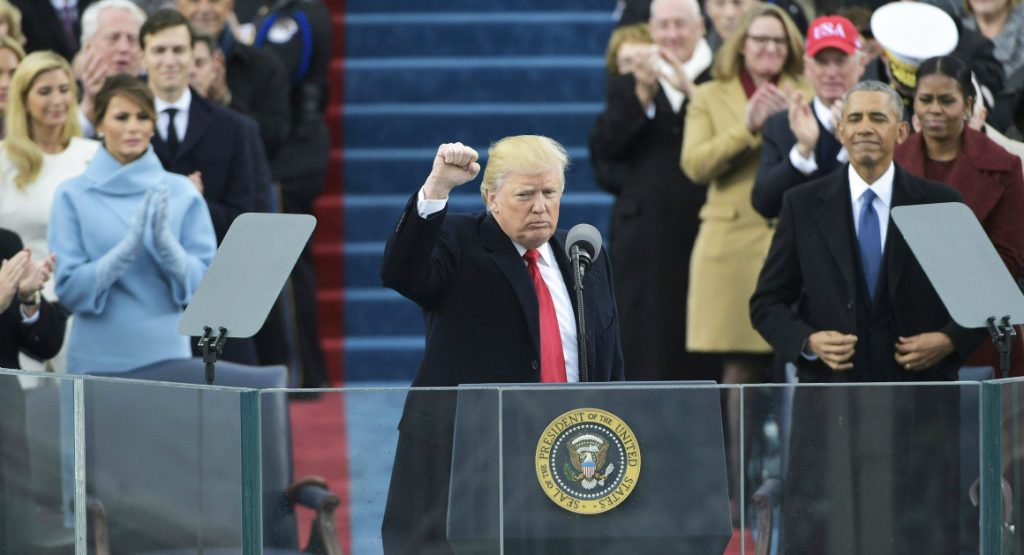


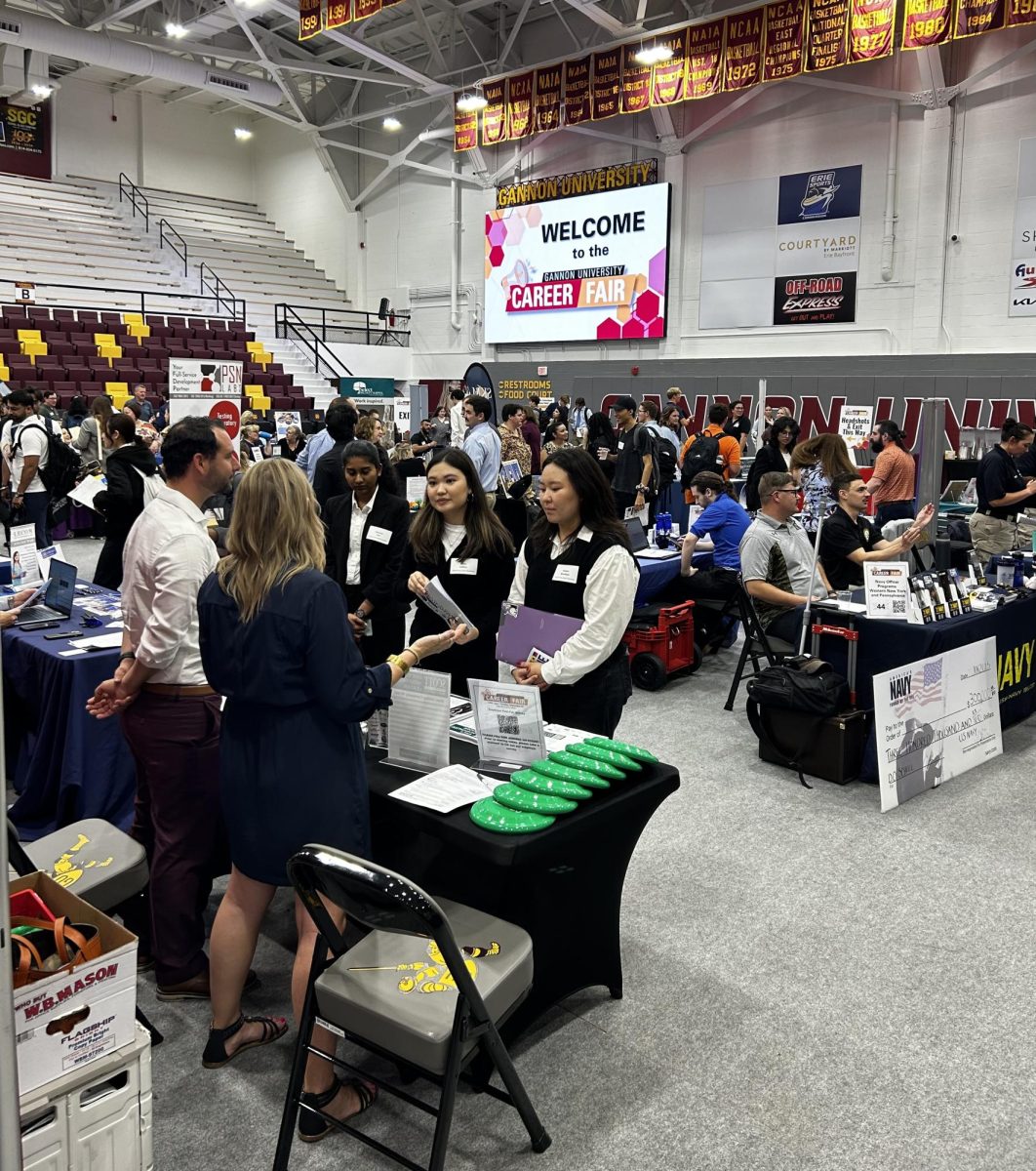
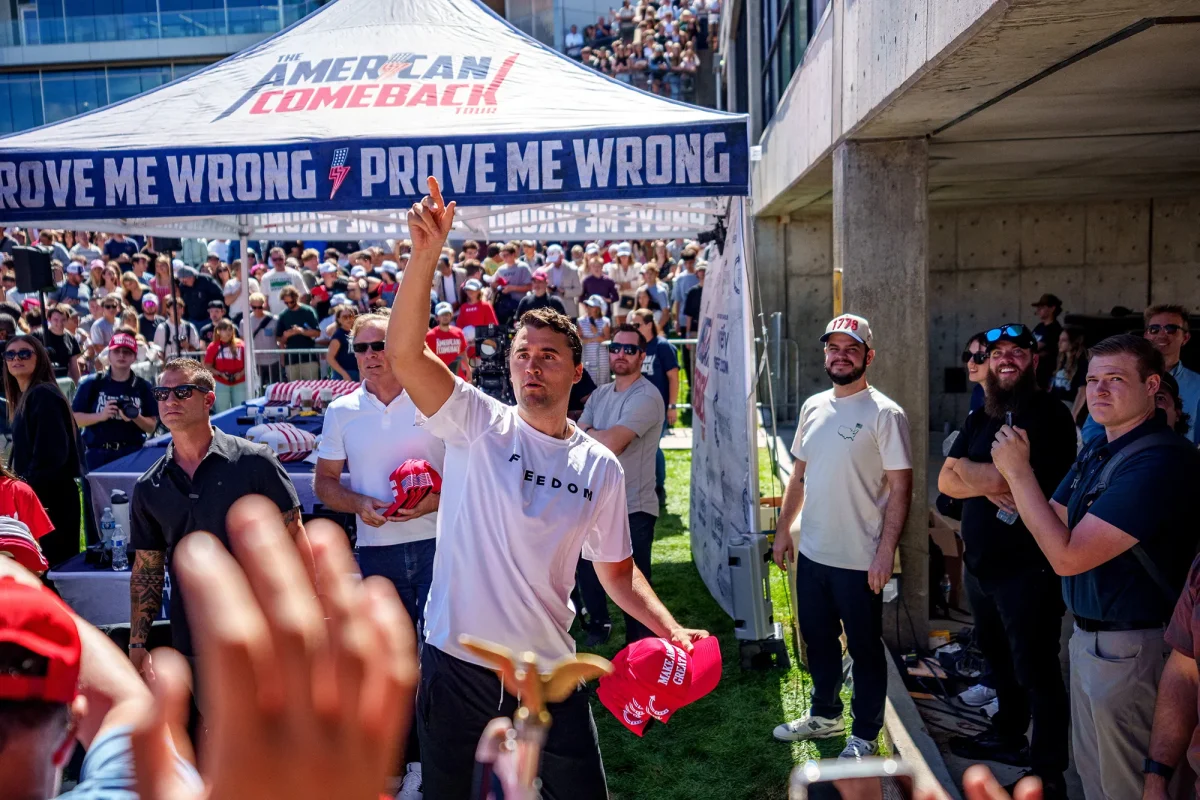

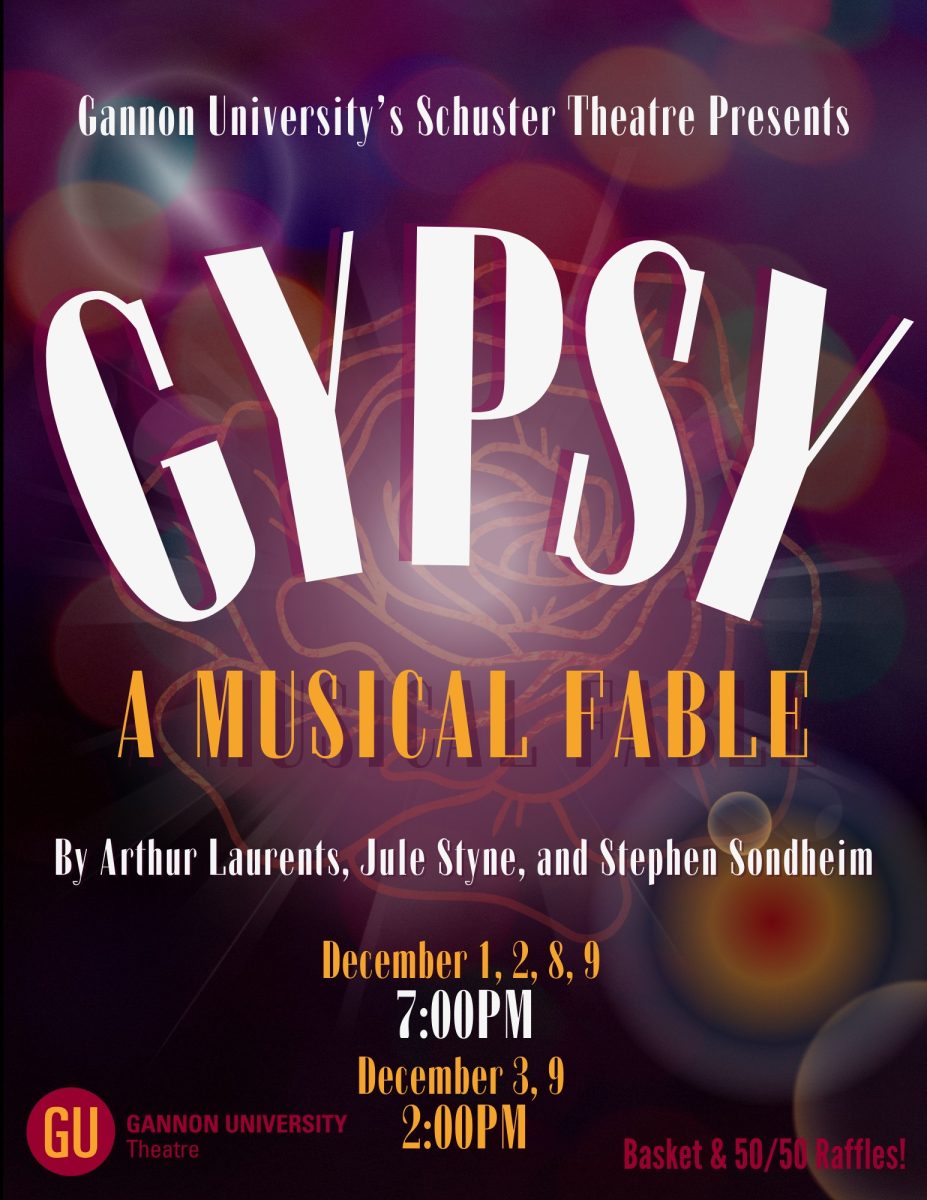
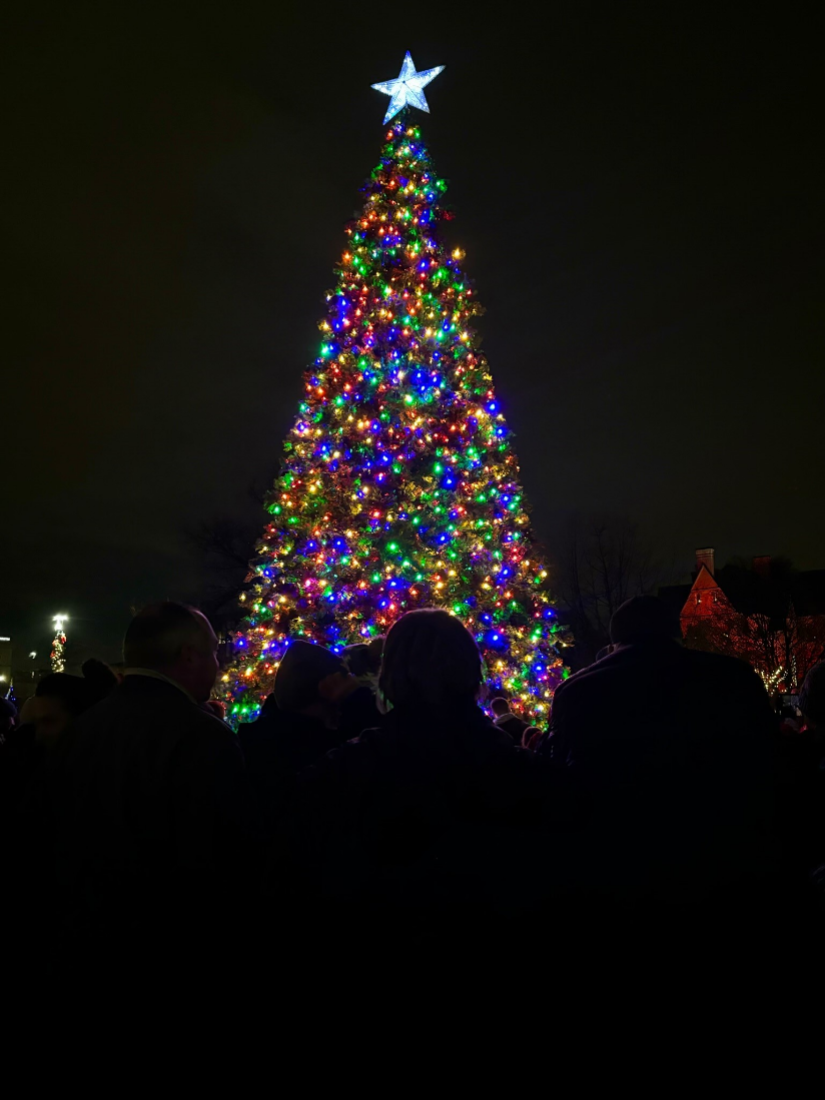

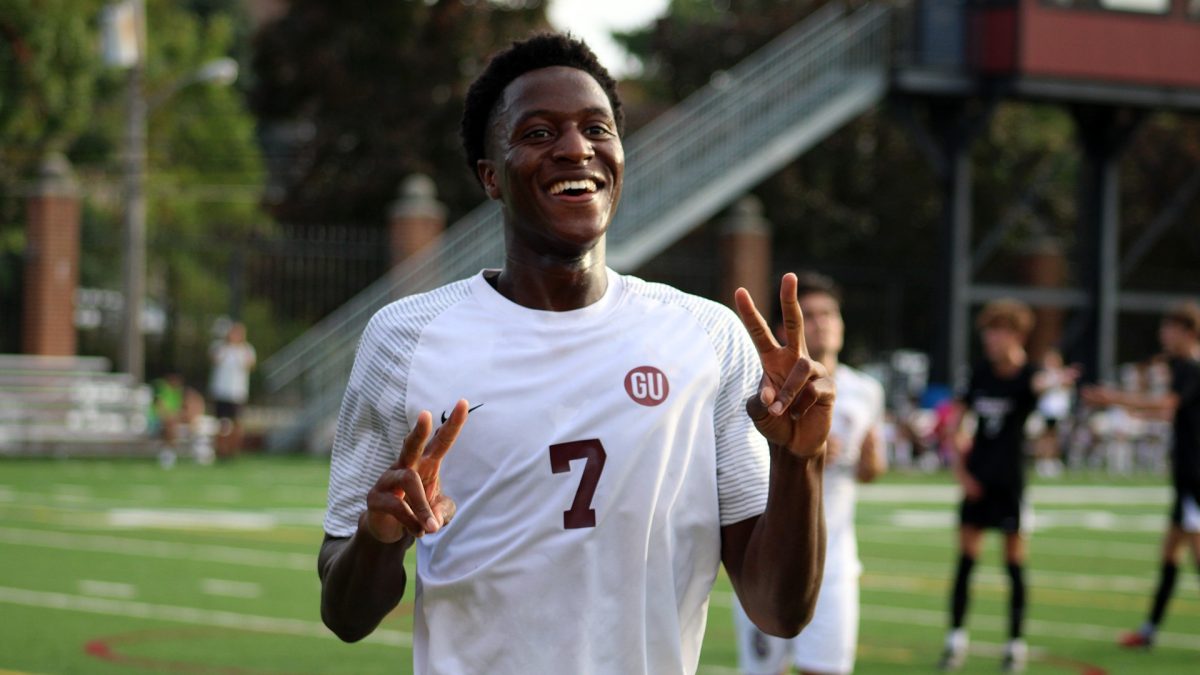
phanhien181 • Jan 28, 2017 at 4:32 am
http://phanxuanhien.com/category/hoc-kinh-doanh-bat-dong-san-cho-thue/
yinu • Jan 27, 2017 at 5:23 am
my Runty Paige got a fantastic cream Hyundai Sonata Hybrid Sedan just by some part time working online with a laptop .look you and like please***********????????http://www.cashjobs11.com/